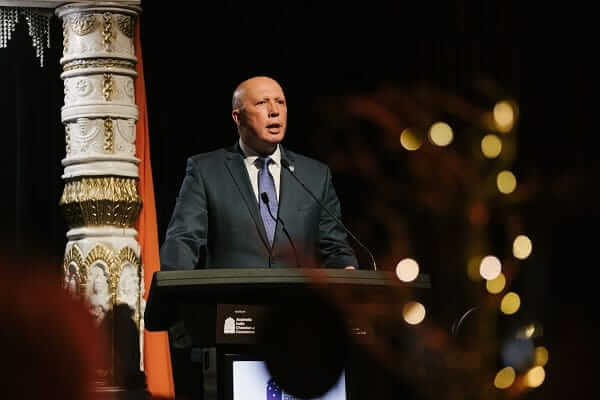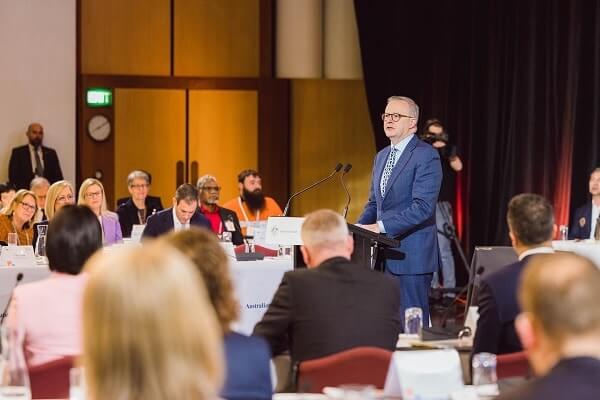If polls predict reality, the Albanese Labor government seems to be in trouble as they head into the election year of 2025.
In October 2023, a Roy Morgan poll showed the Coalition leading Labor on a two-party preferred basis for the first time since the 2022 election, following the failed Labor-backed Voice referendum. And the poll which the PM watches closely, Newspoll, has also earlier this month put the Coalition ahead of Labor, albeit with the tiniest of margins, 51 per cent to 49 per cent.
It has been a sea of worries for the government, whose shortcomings have been exploited by a very tactical Peter Dutton and the Coalition. Is the die cast for the Albanese government, which at best can form a minority government at the next election, or at the very worst be turfed from power?
There are issues which the Albanese Labor government can control the narrative on, and then there are others where it has little sway.
The foremost worry has been the voters’ backlash against cost-of-living pressures. ‘Sticky’ inflation has handcuffed the Reserve Bank of Australia to high interest rates over the past few years. Rather than hold the RBA responsible, the government must take some responsibility for this sticky inflation. Stage three tax cuts pushed more money into the economy, and some policies were introduced to increase productivity – both have contributed to keeping inflation on the higher side. Yet Australian interest rates have not dropped, unlike the US, UK, European Central Bank and even New Zealand, who have all steadily moved their interest rates south.
During COVID, the low cost of borrowing inflated price of assets such as property and shares. Post COVID, while prices rose, migration levels also increased sharply, to make up for the low numbers during the pandemic. Supply chain issues and a slowdown in housing approvals have together come to a head, with most large cities experiencing housing shortages and increased prices.

Exploiting this weakness, Opposition leader Peter Dutton increased pressure on the government to curb international student numbers. Rather than lead an argument on this extolling the benefits of migration and international student contributions to the economy, the government buckled; their shambolic response to student migration can have long-term ramifications. A recent report in the media highlighted the growing number of onshore international students seeking refugee visas each month, suggesting the federal government’s crackdown on foreign student numbers will create trouble for other parts of the migration system.
Troubled times for Albanese also come from those following the Middle East crisis, who are now wary about their support for Labor. Disenchanted by what they perceive as lack of action, these voters may well seek solace in smaller parties or independents. It will be interesting to see if this rejection will cause the government (and the Opposition) to come courting the wider Indian and Chinese communities.
Read More: Dutton may win the battle but lose the war: The Voice




